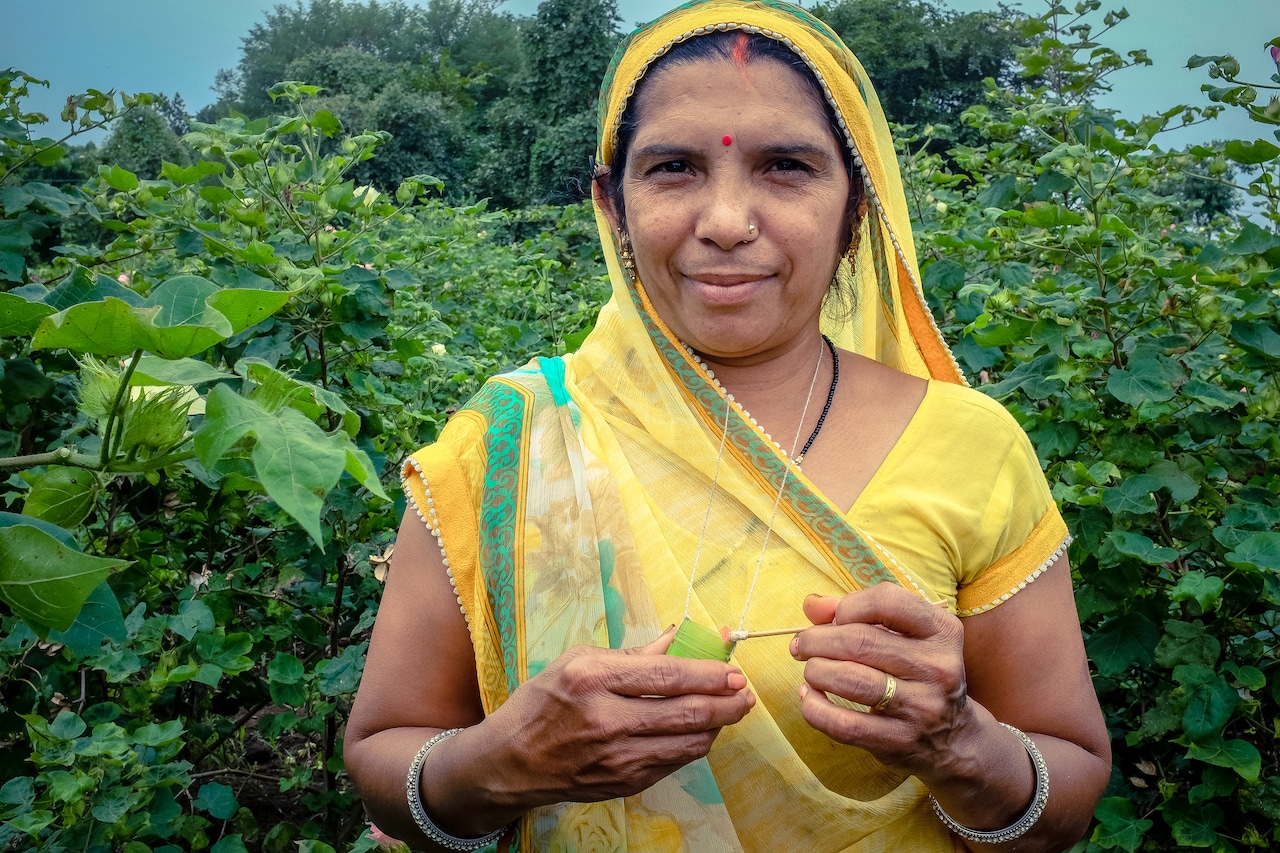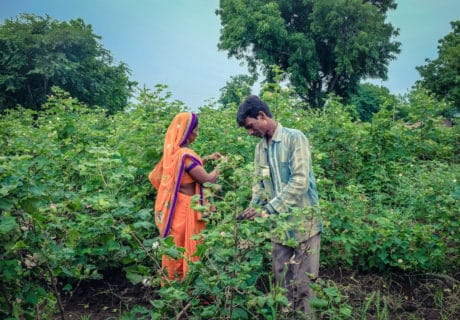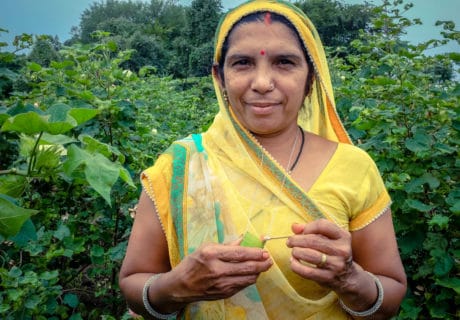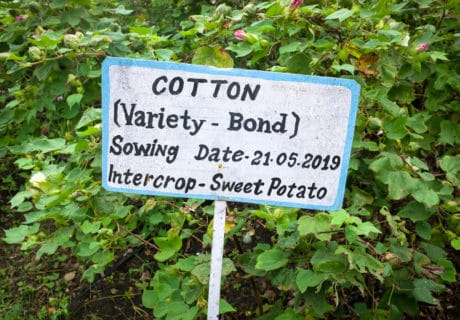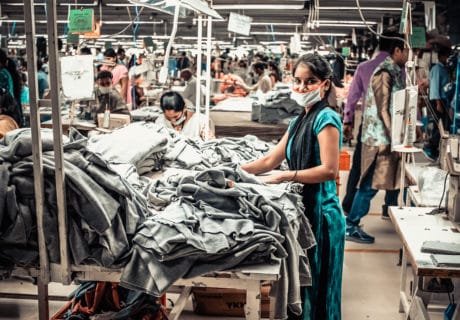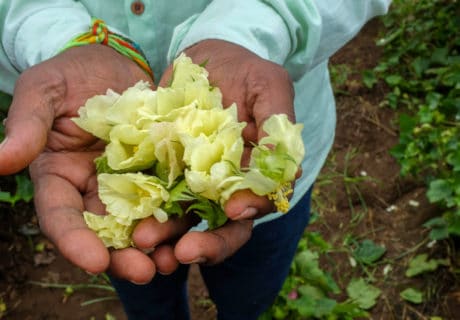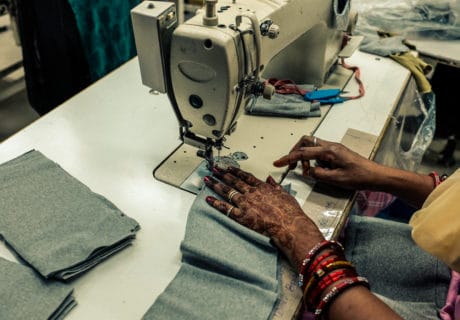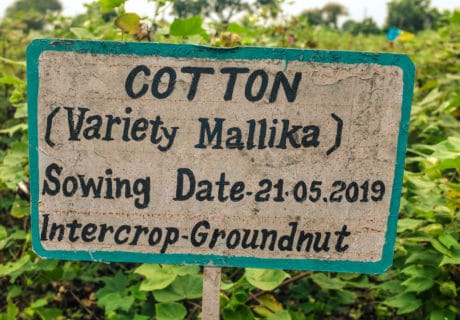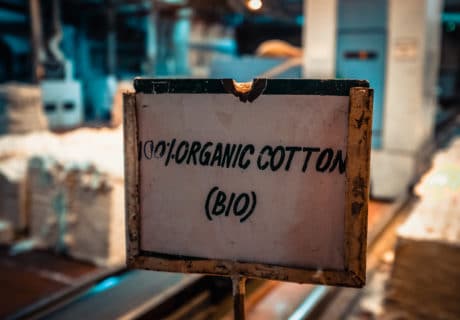To mark the 50th anniversary of Earth Day, The Fairtrade Foundation has launched a three-year programme in India to grow non-GM cotton seeds, which it says will ‘future-proof organic and Fairtrade cotton’, benefit the environment and ‘command a higher price’ for farmers.
The Fairtrade Foundation reports that since almost two thirds of cotton grown worldwide is genetically modified, access to the non-GM seed varieties which must be used for Fairtrade and organic cotton is scarce.
The foundation is partnering with ‘sustainably-oriented’ Indian textile manufacturer Pratibha Syntex for the project, which is funded by UK charity TRAID.
The objective is to develop ‘new non-GM hybrids that have the exact cotton fibre parameters that the fashion and textile industry needs’. “The resulting seeds will be commercially produced and made available to farmers, allowing them to have more choice over how they farm,” a Fairtrade statements explains. “The breeding programme is led by a professional seed breeder and has already produced some strong results following the initial pilot phase, when around 1,500 cotton farmers were given access to 9,200 organic seed packets produced by their own co-operative. Several seasons on and the farmers have produced their own packaged seeds for sale which have been developed.”
Having access to non-GM seeds will bring all the environmental and health benefits of growing organic cotton, plus a higher price, as the farmers can access the high-value Fairtrade markets
Subindu Garkhel, senior cotton and textiles lead at The Fairtrade Foundation, says: “Our relationship with the Earth and the environment needs to be one of respect, as nature had always intended it to be. Without that, we cannot expect to have healthy soil and waterbodies. It is also important to future-proof organic and Fairtrade cotton farmers, especially in these difficult times.
“Having access to non-GM seeds will bring all the environmental and health benefits of growing organic cotton, plus a higher price, as the farmers can access the high-value Fairtrade markets with their cotton. By avoiding toxic pesticides, farmers avoid health problems and deaths common in non-organic cotton production. It also reduces their production costs,” Garkhel adds.
GM seeds commonly available to farmers are bred for high-input agriculture and require expensive synthetic fertilizers, pesticides and irrigation. Fairtrade reports that ‘in India alone there is a 95% monopoly on the seed market, making it almost impossible for small-scale farmers who want to cultivate Fairtrade or organic cotton to source non-GM seeds’.
Maria Chenoweth, TRAID’s chief executive, comments that the charity is ‘proud’ to support the project. “Increasing organic cotton production makes a significant contribution to reducing the environmental impact of the fashion industry. In the not too distant future, we hope every day will be Earth Day.”


